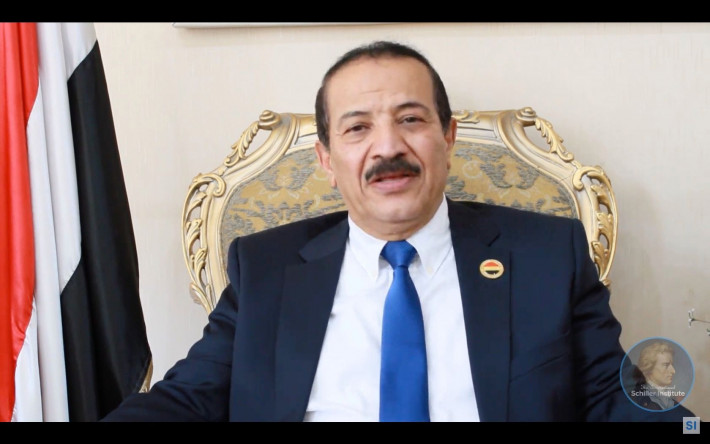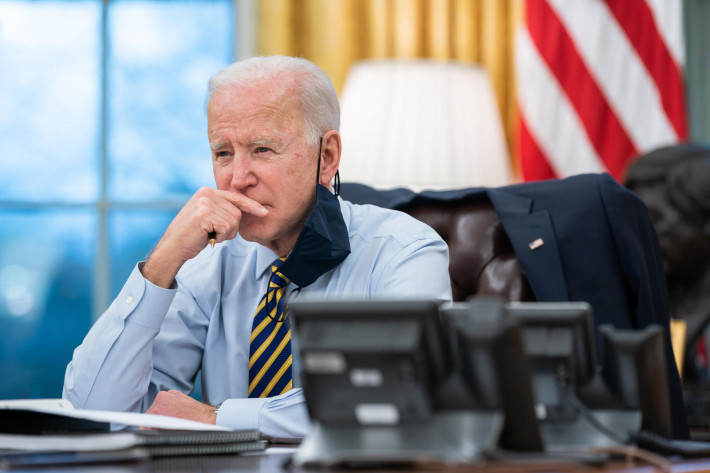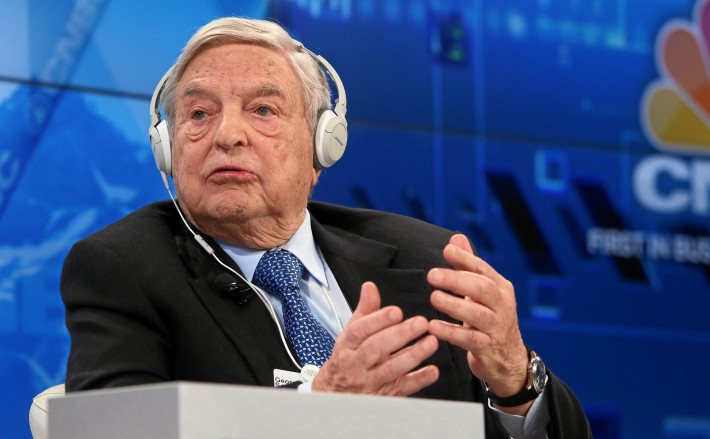Ten Nations Most at Risk for Starvation
Apr. 4 (EIRNS)–It was a year ago April 21, when World Food Program Director David Beasley briefed the U.N. Security Council that widespread famines “of Biblical proportions” would take place, unless action was taken. This has come to pass. The 10 countries at the top of the list in Spring 2020, according to the April, 2020 “Global Report on Food Crises,” issued by the WFP were: Yemen, DRC, Afghanistan, Venezuela, Ethiopia, South Sudan, Sudan, Syria, Nigeria (Northern) and Haiti.
Now today, these very same countries remain at the top of the list of 23 nations, listed in the March 23 “Hunger Hotspots” report released by the WFP and Food and Agriculture Organization, as an appeal for emergency action. Here are the particulars for these nations given under the heading, “Number of People in High Acute Food Insecurity in Hotspot Countries:” The number of people is given in millions for each nation: DRC (19.6,) Afghanistan (16.9,) Yemen (16.1,) Nigeria 13.0, in 15 states and the Federal capital,) Ethiopia (12.9,) Syria (12.4,) Venezuela (9.3,) South Sudan (7.2,) Sudan (7.1,) Haiti (4.4.
The total number in these top 10 nations of those in acute food security is 118.9 million.
The other 13 nations on the same list have a total of 27.8 million people in dire need, bringing the combined number to 147 million. The 13 nations are: Guatemala, Honduras, Mozambique, Burkina Faso, Somalia, Central African Republic, Niger, Sierra Leone, Madagascar, Mali, El Salvador, and Liberia.
The WFP release on the “Hunger Hotspots” report.


















